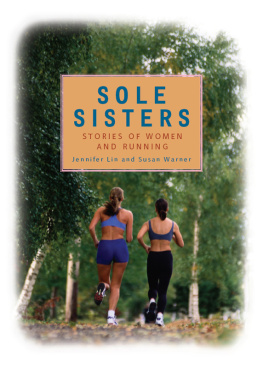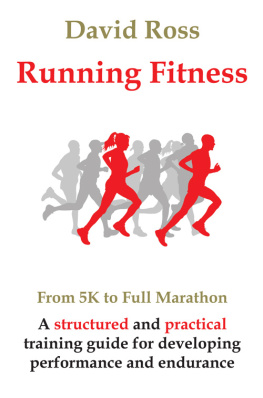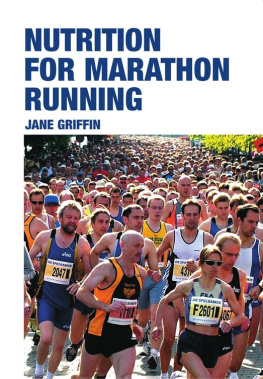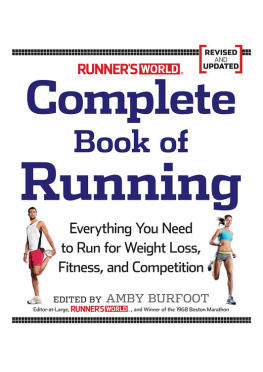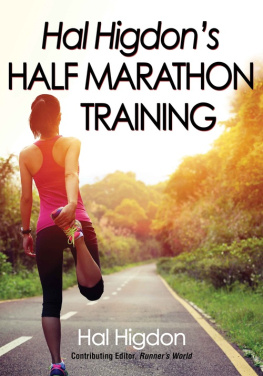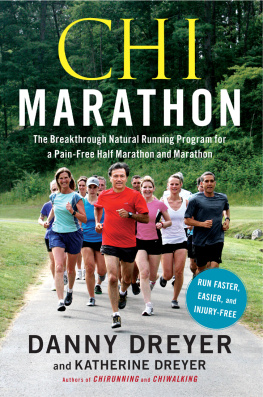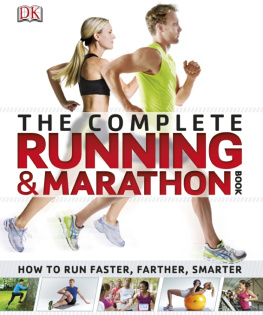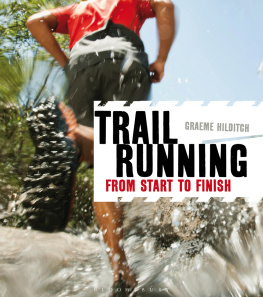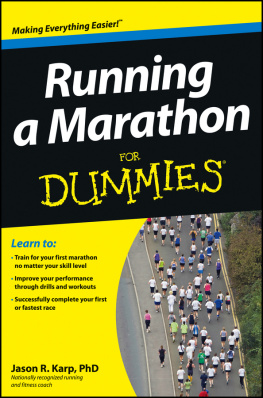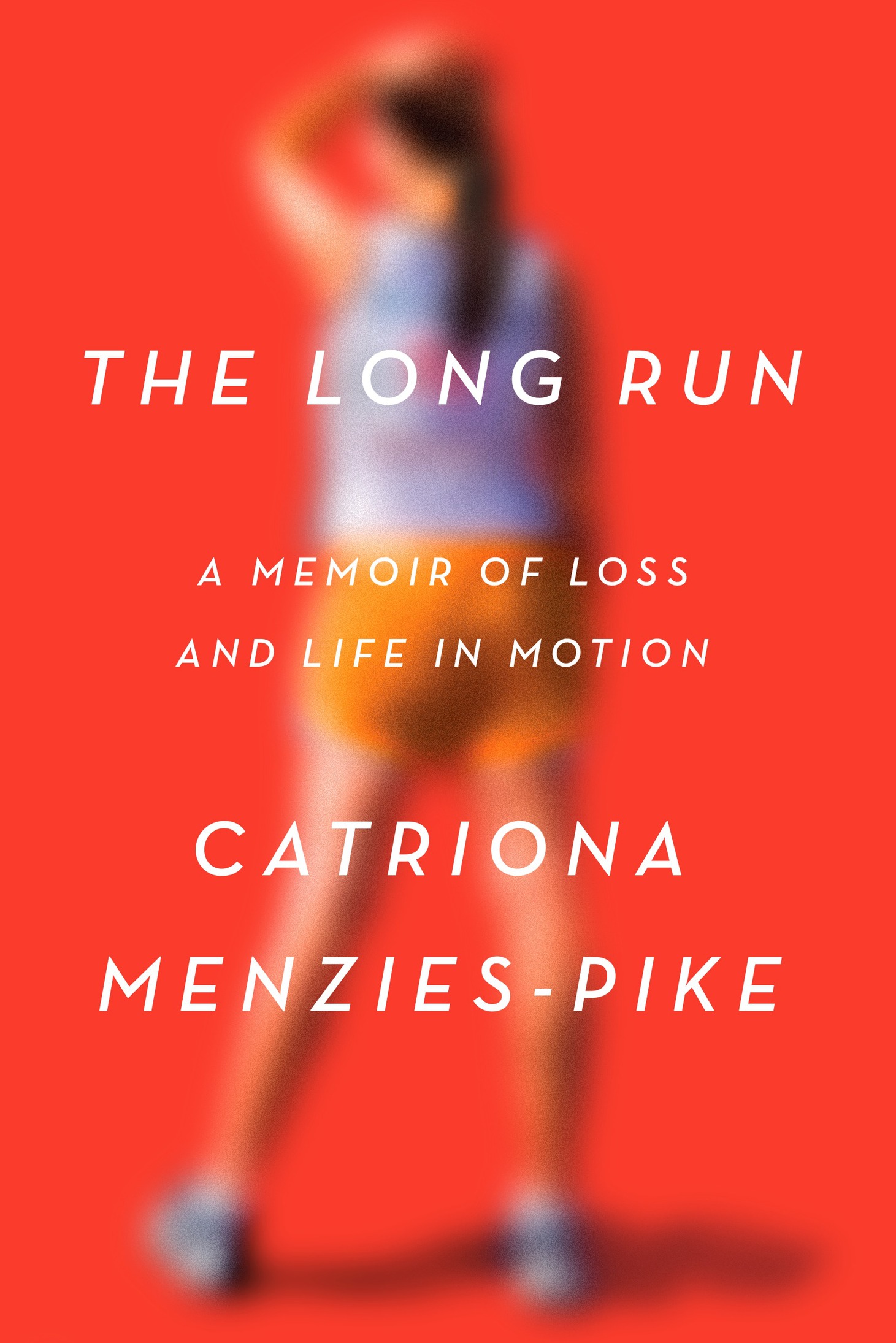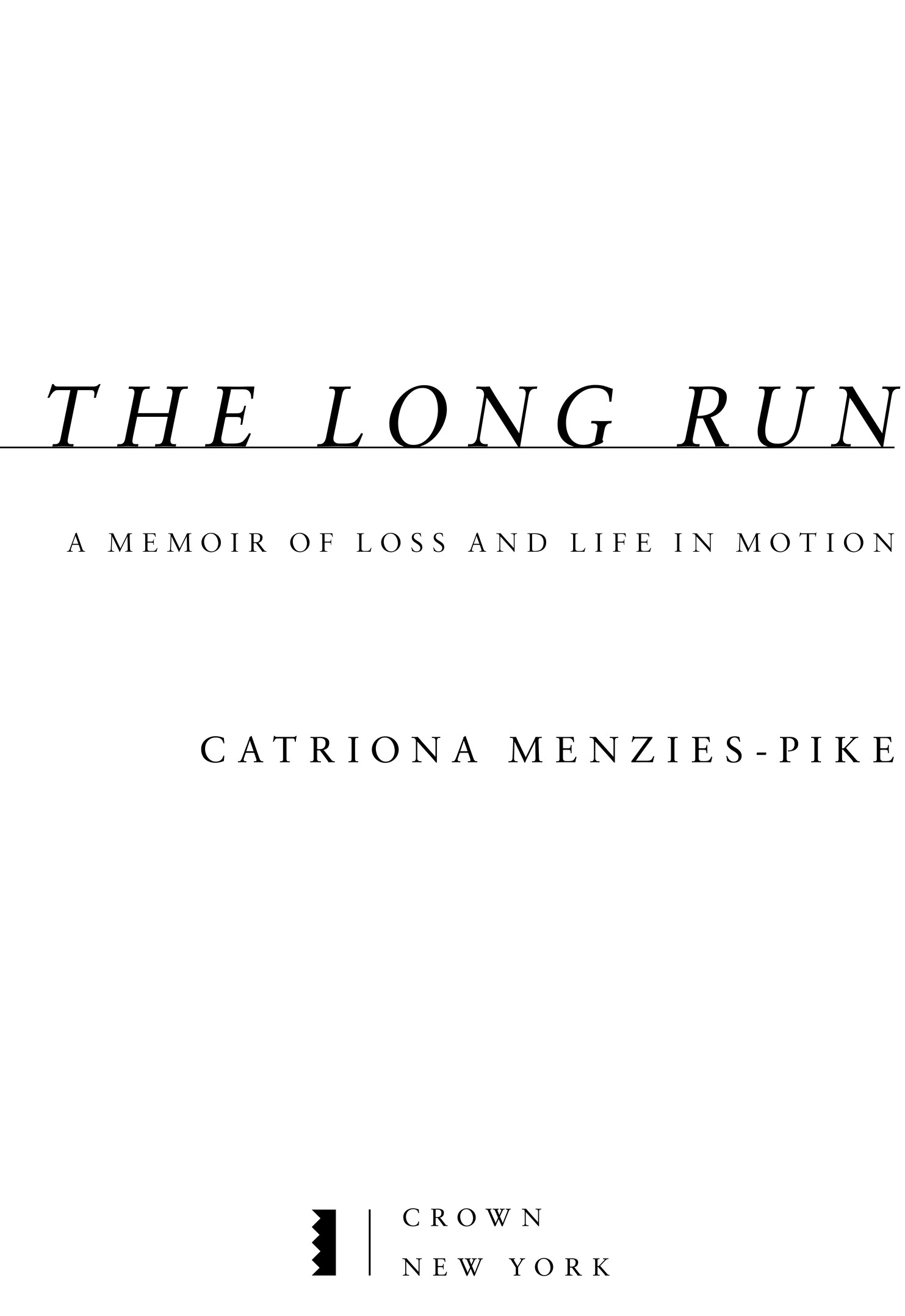All rights reserved.
Published in the United States by Crown Publishers, an imprint of the Crown Publishing Group, a division of Penguin Random House LLC, New York.
CROWN is a registered trademark and the Crown colophon is a trademark of Penguin Random House LLC.
Originally published in Australia by Affirm Press, Melbourne, in 2016.
Names: Menzies-Pike, Catriona, author.
Title: The Long Run / Catriona Menzies-Pike.
Description: First American Edition. | New York : Crown Publishers, 2017. | Includes bibliographical references.
Identifiers: LCCN 2016040255| ISBN 9781524759445 (hardcover) | ISBN 9781524759452 (trade pbk.) | ISBN 9781524759469 (E-book)
Subjects: LCSH: Menzies-Pike, Catriona. | Women runnersUnited StatesBiography. | Runners (Sports)United StatesBiography. | RunningHealth aspects. | RunningUnited StatesHistory.
Classification: LCC GV1061.15.M47 A3 2017 | DDC 796.42092dc23 LC record available at https://lccn.loc.gov/2016040255
I caught a train across the Sydney Harbour Bridge, early one morning in 2013, to run a half marathon. It was chilly, September, and the sky was still a murky gray opal. The carriage buzzed with runners talking the usual nonsense: carb loading, perfect splits, personal bests. Runners can be very annoying en masse.
Three passengers didnt fit in, young men on their way home after a night on the town. They were smashed when they lurched onto the train, the blotto antithesis to all the athletes dressed in spotless, sweat-absorbent shorts and singlets. Something had to give. One of the boozers started to heckle. Look at you all, he jeered. What are you doing? Runners! What the fuck are you doing? On he went. A holy fool in strained black jeans, the young man shook his head in disgust and leaned into a pole for balance, mumbling to himself. I looked down at my shoelaces and lingered on a pang of identification. Imagine, I thought, being stuck in a train full of runners on the way home to a clanging hangover.
Why would anyone run a marathon? Why did you? These arent inconsequential questions, and Ive been fielding them for years now. Intellectual types see marathons as case studies in middle-class sublimation; political activists decry the misdirected energy; relaxed, moderate friends wonder about the showy zealotry of it all. Pretty much everyone who knew me in my sad and reckless twenties has taken me aside to ask why a gin-addled bookworm gave up late nights for long-distance running.
That September morning, all the runners who had been slogging away for months to prepare for their big day pretended not to notice the guy slagging them offor, should I say, slagging us off. When the train stopped, the boozehounds elbowed their way into the morning air. As they wove a course to the exit, the loud one turned back with a last blast. Why dont one of you fucking idiots do something useful? Write a fucking book. A polite laugh swept over the platform, and we all went off to run 13 miles together.
By the time I boarded that train, Id read a lot of books about running but I struggled to recognize myself in any of them. They were for people with lives unlike my own: ambitious athletes for whom a marathon time is a measure of self, or obsessives for whom running is the only thing that matters. The motivational sections in bookstores were filled with self-help mantras and sported a dizzying set of bullshitty self-improvement claims: run a marathon to become a better person. The guides for slow runners were waffly exercises in condescension. Not many books about running speak to women, and when they do, its often about weight loss. As for feminist analyses of running, they were drowned out by exhortations to run like a girl.
I had come to running relatively late. I didnt even bother to put on my sneakers until I turned thirty. Before that I was the person least likely to run around the block. Id spent most of my adult life trying to orchestrate circumstances that would allow me to avoid running, and I was happier to wait for the next bus than to chase the one rolling to a stop a block ahead. I rolled my eyes at runners in parks and wondered why any sane woman would put herself through such an ordeal.
I did, however, know all about the desire to run, about endurance and its metaphors. When I was twenty years old, in 1998, my father, who loved running, and my mother, who didnt, died in a plane crash. Life changed, and I found myself with urgent new responsibilities, trying to halt the toxic tailspin of loss. The decade of tears that followed seemed interminable; I stumbled often. I point to that block of sadness when some idiot asks me if this running business is all transference and Im really running away from the past.
I started running ten years after my parents died, and nothing was as difficult as Id expected. I found it in myself to move, finally, and experienced that movement not just as liberation, but as transformation. My legs grew strong quickly, and the many pleasures of running through the city were mine; a new geography enveloped me. Id lived in Sydney for a decade, but I hadnt paid enough attention to the great sweep of coastline and to the open water beyond it. The world changed around me again, more slowly this time.
I found that I had become a runner. Running! Mea runner! The star of my own one-woman comedy extravaganza. I raved about my discovery to anyone who would listen. Everybody is identical in their secret unspoken belief that way deep down they are different from everyone else, writes David Foster Wallace in Infinite Jest, and when I began to run, I thought Id hit on something really new. My body was a pendulum, swinging across the landscape; my unlocked limbs tumbled and became light. I learned to feel with my feet, to distinguish between asphalt and concrete beneath my shoes, to love the springiness of wooden decking and the unexpected sink into paths made of shredded tires.
Im a slow runner, complacent rather than competitive. On a shelf in my study is a scrapbook full of race bibs and a pile of the cheap, chipped medals that every runner is given when she finishes a race. In the beginning, I hung on the advice of a few friends and family members who ran too. My notes seem like fragments of poems that bent my world into a new shape: Look up the hill. Let yourself float to the top. Find your pace. When you hit that pace, you can run forever.
Some athletes love to talk about what a simple sport running is. They say that all you need is a pair of sneakers. Thats not true. What you need is some freedom of movement and the ability to see a clear path ahead of you. It took me years to see that path and to find my pace. When I finally got moving, I hoped I might be able to run forever.


